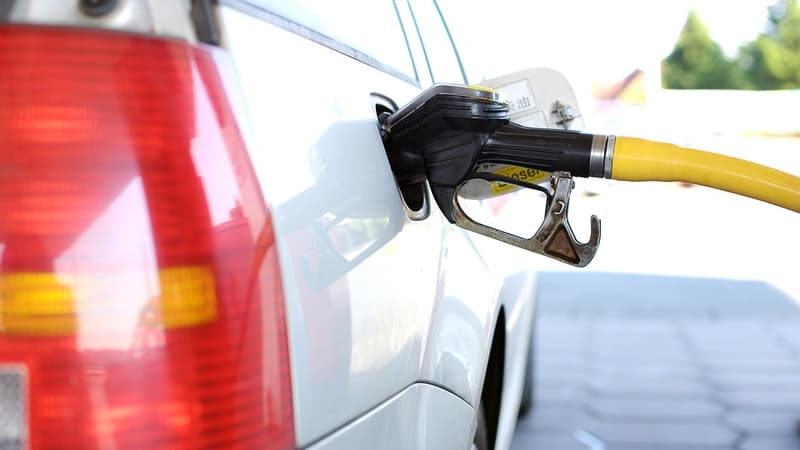Why hasn’t France run out of fuel yet? While six out of seven refineries are closed in mainland France and the French are rushing to filling stations as a precaution (+50% fuel purchases at big retailers for a few days), the rate of stations in shortage it is certainly significant (30.8% this Wednesday) but it had been much worse in the past. In October 2010, more than 40% of the stations were dry as part of a conflict over pensions. In 2000, a blockade of refineries by truckers and farmers caused total or partial fuel shortages in 80% of the country’s stations.
To avoid the total blockade of previous episodes, the government has activated several levers.
If the State has begun to release a few days of strategic stock (of the 115 it has in total), the oil companies, for their part, have turned massively to fuel imports in recent days.
+50% fuel imports
According to Ufip, which represents professionals in the sector, imports have even covered almost all of the production shortfalls linked to the closure of refineries in recent days. In fact, fuel imports increased by 50% last week in France.
For diesel, this is not a problem. The majority gasoline-producing country is structurally an importer of fuel for diesel vehicles. Half of the diesel consumed in France already comes from abroad (mainly Russia and the United States). In recent days, diesel imports have shot up 30%.
The novelty concerns mainly gasoline. France, which has a large surplus in its gasoline production, has gone from being an exporting country to an importing country in a few days. Therefore, it was necessary to reverse the flows, which is obviously complex.
Imports at high prices
The operators that supply the oil and mass distribution stations are supplied mainly from the markets of Northern Europe. Trucks arrive from Belgium to supply the stations in the northeast of the country. But it is above all the tankers that come from Rotterdam and Amsterdam in the Netherlands and come to supply the Rouen or Dunkerque depots that make it possible to supply large regions such as Ile-de-France and Hauts-de-France. to limit damage.
If these emergency purchases allow you to avoid running out of fuel, they instead come at a high price. The networks buy these loads in cash, that is, outside the contract, as independent service stations. In this over-the-counter market, traders can inflate their profits, especially in this lean situation where they know they are in a position of strength.
This immediately resulted in an explosion in prices at the pump. Last week, diesel took almost 11 cents and SP 95-E10 more than 7 cents. If it is suspected that the stations are taking advantage of the situation, it is this new offer that explains most of this increase. With the increase in French demand, diesel prices rose 6 cents on the Rotterdam market. The price of crude oil has also shot up in recent days after the announcement at the beginning of the month of the drop in production by the OPEC+ countries. If France has avoided running out of fuel, it has paid a heavy price.
Source: BFM TV


